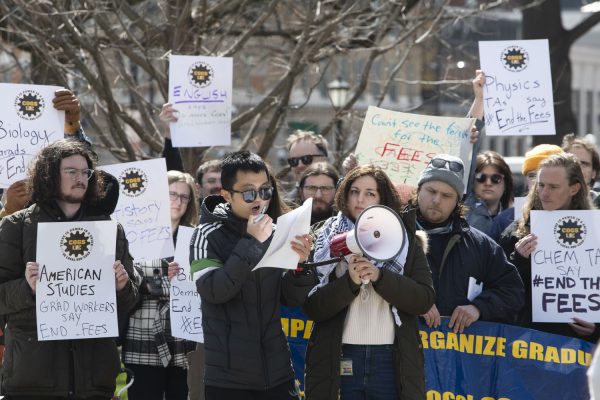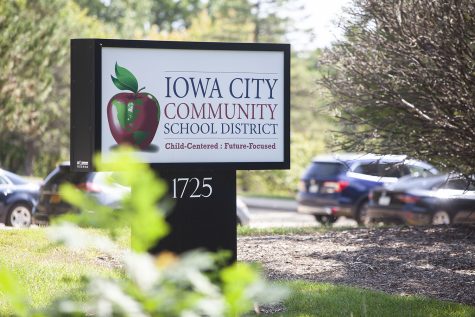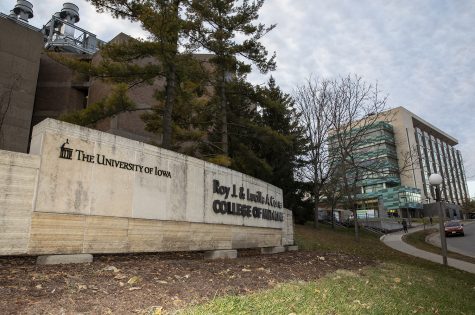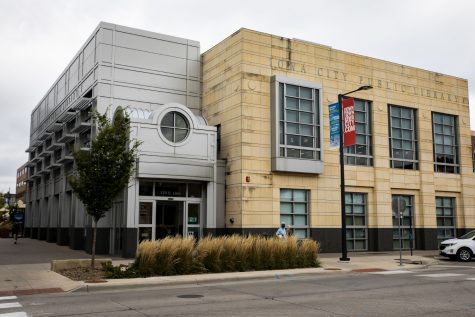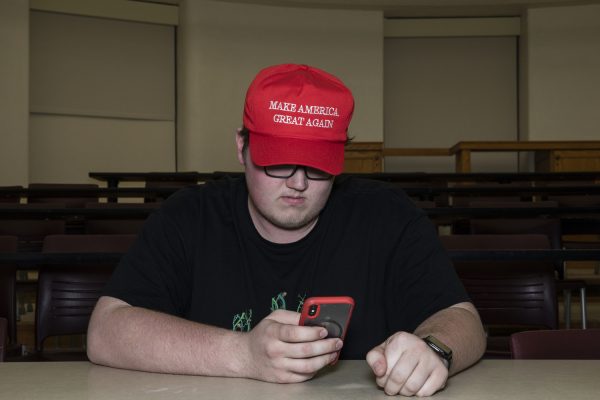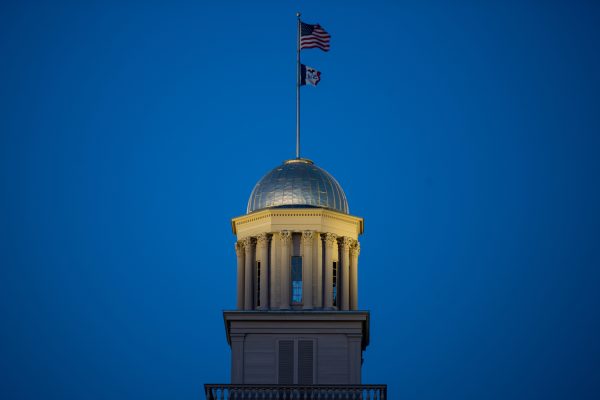Guest Opinion | The legacy of Jim Crow lives on
University of Iowa undergraduate, Sam Avery, on disenfranchisement laws.
December 8, 2022
People with felony convictions deserve the right to vote after they’ve served their time in prison.
Some may believe that those who broke the law should have to live with the consequences of their actions. Perhaps as a society, we should not allow felons the right to exercise their civic duties because they exhibited poor judgment in the past.
This argument may sound reasonable at face value, but what if I told you that these laws weren’t created to hold criminals accountable for their actions?
What if I told you these laws were created to suppress the votes of Black Americans during the Jim Crow era?
What if I told you that the U.S. is the only modern democracy that disallows those with criminal convictions to vote in elections?
Why are we further punishing people that have served their prison sentences and parole?
To understand how this practice came to be, we must look back in time.
English colonists initially brought the concept of “civil death” over to the U.S. for those who have violated moral codes. As a result, several states codified disenfranchisement laws through statutes shortly after the American Revolution.
But the largest wave of laws was created after the Civil War in the same decade as poll taxes and other Jim Crow laws designed to suppress the votes of Black people in the U.S. Many of these laws were repealed after the Civil and Voting Rights Acts, but felon disenfranchisement laws were not.
State felony disfranchisement laws currently prevent around 5.85 million Americans a year from voting in elections. Three out of four of those disenfranchised — or 4.7 million people — are living, working, and paying taxes in our communities.
In 2020, one in 44, about 2.3 percent, of American citizens were unable to vote in the presidential election due to these laws. This high volume of individuals excluded from the electoral process has resulted in widespread voter suppression which undermines democracy.
One study from the Du Bois Review found that hyper-incarceration in major cities disproportionally gives rural districts more electoral power. Disturbingly, the authors confirmed that rural legislative districts can count prisoners in their populations to gain more voting power despite these individuals not being able to cast a vote.
Despite these bleak statistics, Iowa has made some progress. In 2020, Gov. Kim Reynolds signed an executive order allowing an estimated 40,000 felons that have fully completed their sentences (including parole and probation) to vote in the state.
Considering that Iowa’s 2nd House Congressional District race was decided by only six votes in 2020, repealing disenfranchisement laws could make a crucial difference in the outcome of elections across the state.
It is time to reform these laws to ensure equal and equitable representation among the population. This 21st-century poll tax actively encroaches on millions of individuals’ civil liberties and directly contradicts the principles the U.S. was founded on: freedom and democracy.
- Sam Avery, University of Iowa School of Liberal Arts and Science
Columns reflect the opinions of the authors and are not necessarily those of the Editorial Board, The Daily Iowan, or other organizations in which the author may be involved.





